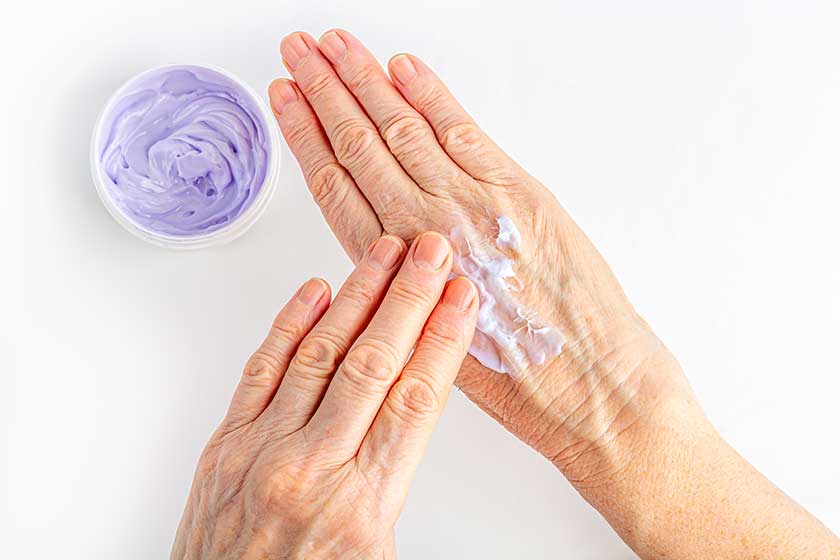Staying in independent living can be a great experience for older adults. Still, the winter season can bring some challenges to maintaining healthy skin. The cold and dry weather can take a toll on the skin, especially for aging people. In this article, we’ll be discussing some tips to help you keep your skin healthy during the winter while living in an independent living community.
Hydration
The first step in keeping your skin healthy during the winter is to stay hydrated. Drink plenty of water throughout the day to keep your skin moisturized from the inside out. You can also consider drinking warm liquids, such as tea or hot cocoa, to help combat the dryness of the winter air.
Moisturize
Moisturizing your skin is critical to keeping it healthy during the winter. Invest in a good quality moisturizer and apply it to your skin after bathing or showering. Look for products that contain ingredients such as glycerin, urea, or hyaluronic acid to help lock in moisture. Consider using a heavier moisturizer at night to give your skin extra hydration while you sleep.
Avoid Hot Baths and Showers
While hot baths and showers may feel good on a cold winter day, they can be damaging to your skin. Hot water strips your skin of its natural oils, leaving it feeling dry and tight. Instead, opt for warm baths and showers and avoid spending too much time in the water.
Use a Humidifier
The dry air of the winter can be especially harsh on your skin. A humidifier can help add moisture to the air, keeping your skin hydrated and healthy. Consider using a humidifier in your room at night to give your skin additional hydration while you sleep.
Wear Protective Clothing
Wearing protective clothing can help keep your skin safe from the harsh winter elements. Wear gloves, a hat, and a scarf to protect your skin from the cold wind and snow. Opt for materials such as wool or fleece, which are soft and gentle on your skin.
Avoid Harsh Chemicals
During the winter, your skin may be more sensitive to harsh chemicals. Avoid using harsh soaps, toners, and exfoliators that can strip your skin of its natural oils. Instead, opt for gentle, fragrance-free products that brands specifically designed for sensitive skin.
Eat a Healthy Diet
A healthy diet can have a significant impact on the health of your skin. Make sure to include plenty of fruits and vegetables in your diet and foods high in omega-3 fatty acids, such as salmon and avocado. These foods can help keep your skin hydrated and nourished from the inside out.
Get Regular Exercise
Exercise is important for maintaining healthy skin, even during the winter. Regular physical activity can help increase blood flow to your skin, giving it the nutrients and oxygen needed to stay healthy. Exercise can also help reduce stress, which can positively impact your skin.
Consult a Dermatologist
If you’re experiencing any skin problems during the winter, it’s essential to consult a dermatologist. A dermatologist can help diagnose skin conditions and recommend the best treatment.







